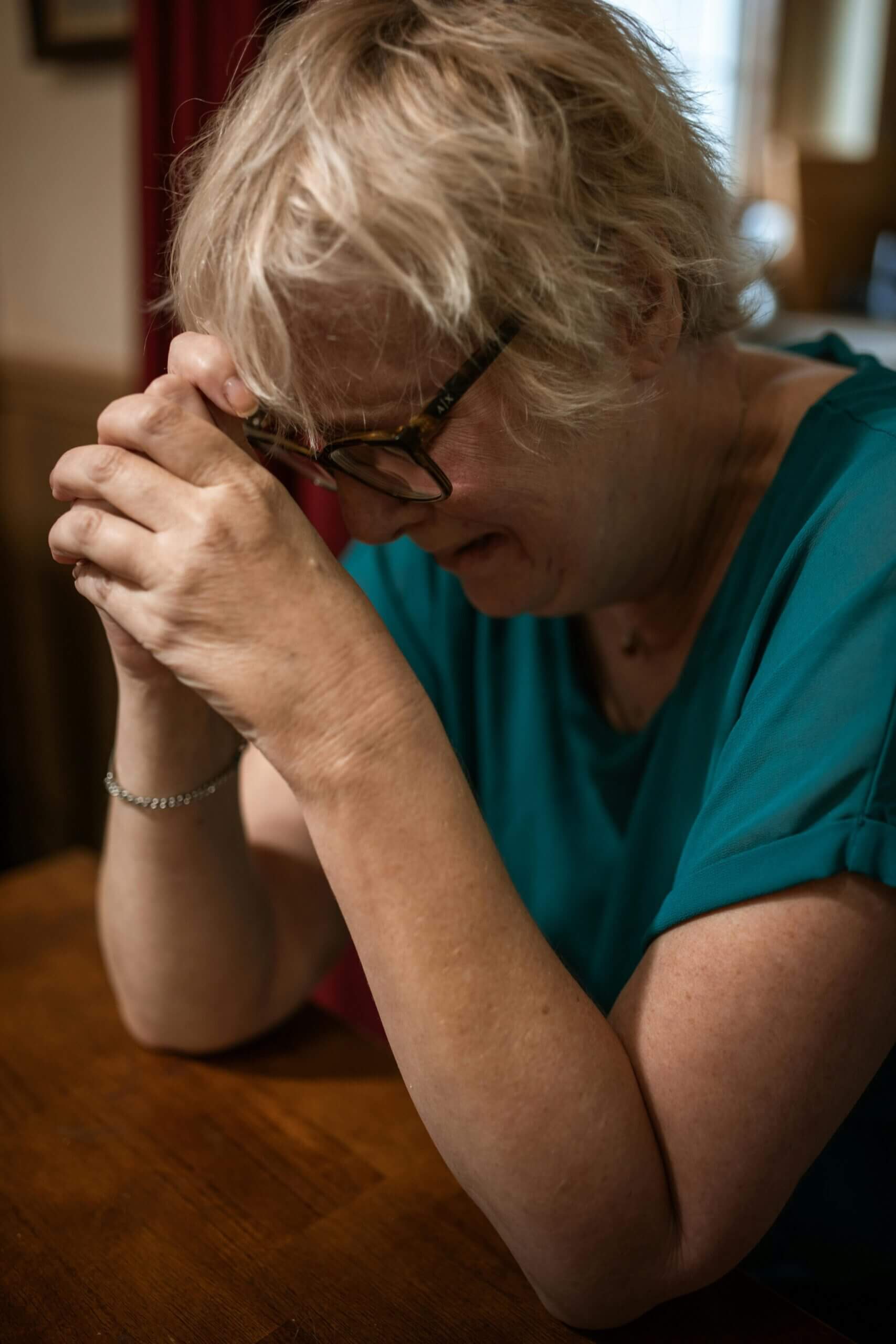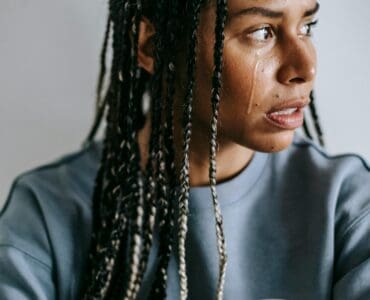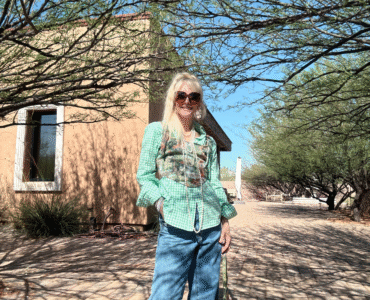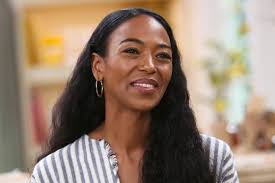A guest post by Janice Byrne
Bless me father…it’s been nearly 16 months since I became a breast cancer patient.
And those months have been filled, as so many other breast cancer sufferers know, with a whole juggernaut of emotions: anger, despair, fear, worry and sadness. There has been some dread, a massive sense of loss and lots of frustration too. The anger is often short-lived but intense. I am angry because I am ‘only’ in my 40s – and healthy and strong – or so I thought. Since I entered the parallel universe of breast cancer, I feel like my relatively carefree existence (health-wise) was cruelly robbed from me, just at a time when my boys were getting a little older and I was starting to regain some freedom. At times there has also been envy: I’ve felt envious of other women my age who can live a normal life and don’t have this ticking time bomb on their shoulder. Is it truly gone? What if it comes back? I think I am also nostalgic. Nostalgic for the old me. Physical Old-Me (she wasn’t so bad looking after all; she definitely looked younger!) and Cognitive Old-Me (she who thought she had things to worry about, …boy was she wrong).
Being grateful
At the same time, I am grateful. Or maybe that’s just how the world is conditioning me to feel. I am expected to be positive. I am (mostly) obliging. I was told that I should feel lucky that the cancer had spread to only one lymph node. I was relieved that as a breast cancer patient I didn’t have to have the harshest chemo regime—only 4 cycles not 6 or 8 or 12. I am proud that my body was able to withstand it all.
But let’s be real. Chemotherapy – no matter what regime you undergo as a breast cancer patient – plays havoc with your body. It (hopefully) kills the cancer cells but also nukes other fast-growing cells (nails, hair, skin) as it ‘courses’ through your veins (being Irish, I think it would be more appropriate to say it ‘cursed’ through mine). Radiation, while less invasive, can cause lasting damage too. Endocrine therapy carries side effects. The marathon of treatment that follows a breast cancer diagnosis can usher in a whole new world of suffering.
But ‘there are always flowers for those who wish to see them’ (Matisse). There are things to be thankful for.
For example, after chemotherapy, my nails broke, chipped and got ridges, but they didn’t turn black or fall off. I lost my hair but my eyebrows pulled through (kind of!) and my lashes didn’t (all) desert me. My young boys didn’t seem to suffer from seeing me go through treatment (so far so good!). I didn’t get skin burns from radiation.
I am thankful that (for now) there is no news that the cancer has spread or metastasized. Although, in my current state of psychological recovery, the worry that that could change is never far away. I read a worrying statistic last week: 20-30% of early BC cases metastasize. But one has to focus on the positive right? 70-80% do not.
The physical effects of chemo linger. I miss my hair terribly. It started to fall out within 13 days of chemo. I never thought I had great hair before – not thick enough, not straight enough, not blonde enough. But as the song goes: ‘you dont know what you’ve got til it’s gone’. I am now grateful that it is starting to grow back. Even if it is painfully slow. At the outset it grew back a boring dark not-me colour. I was thankful for my blue eyes (a gift from my maternal grandfather): they make me somewhat positive when the rest of me disappoints.
I am also happy that I can powerwalk (sometimes run) and enjoy keeping up at barre classes (with 22 yr olds!). I gain immense pleasure from feeling strong. Just the other night I carried my leggy 10-year-old up the stairs to bed – on my back. He was pushing it by asking, and he knew it – I haven’t carried him like that in a long while. But I let him win. I am proud of my body regaining its strength and while I still don’t love the body I am in (not slim enough, not svelte enough, not tanned enough), I do appreciate it more than before. I have admired my toned barre-class arms in the mirror more than once. ‘Shame about your head’ I say to myself when my eyes fall on my (manly) brown buzz cut. I tell myself that it’s just a matter of time. Patience is a virtue – albeit one I don’t have. But I do have introspection. And I am learning more about myself as the months go on and the cancer patient experiences accumulate.
So yes, there are many things to be thankful for. But while I work to accumulate feelings of gratitude (like the ‘good’ recovering breast cancer patient I am), I struggle with hospital checkups. For me, hospital checkups interrupt much of the other self-work (and it is work) that I am engaging in as a recovering cancer patient. Here’s why.
The Check-Up Come-Down
I recall my first post-surgery, post-chemo, post-radiation checkup with my oncologist. I go to the clinic window and hand over my health card. Just like on those days when I received chemo, I am given a number and sent for bloodwork. Once complete, I wait in the same waiting area where I sat while waiting on chemo. The bad memories flood in as I wait for my number to be called. I remember these grey threadbare floors – I have stared at them before. The sickly, weary faces in the seats beside me seem familiar. I remember the hushed voices and stifled coughs; the looks of pity as I bring the average age down a decade or three. Like old times, my number gets called. I follow a nurse down a grey corridor. She weighs me. She leads me to a room where I sit until she returns 20 minutes later. She slides up to the computer on a black swivel chair. The interrogation begins. A litany of questions. I am to verbalize all that is now problematic health-wise with this body of mine. The nurse fires off questions about new symptoms, medication side effects, ailments or complaints – new and old. I list off everything. She records, inquiring about intensity and frequency, flagging anything of note for the doctor. I itemize all sorts of things that are not business-as-usual for a normal functioning 45-year-old woman’s body. And it makes me mad. And sad. It stokes a fire that I was trying to let go out. If I was trying to ‘get on with things’, this exercise stops me in my tracks. Her nonchalant ‘to be expected’ response throws more fuel on the fire.
The nurse gets up to leave and tells me the doctor will be with me shortly. She instructs me to change into one of the hospital gowns so that the doctor can examine me. The same grey and pink gown I wore for my first mammogram. The same gown I changed into in February for my daily radiation dose. It annoys me to change into this gown. I made an effort today with my clothes, my jewelry, my makeup. I wanted to show that cancer had not taken professional me, or fashionable me away. I may have short manly hair. But I am still attractive and ‘active’. I am a working woman. But the gown robs me of this ‘look’. I am once again a cancer patient. A powerless woman in a shapeless pink and grey gown (that ties at the back – or the front? I can never remember). I sit and wait for the doctor. A long time passes. I think of the work I have to do or could be doing. And I wait.
When the doctor eventually comes (no apology for the long delay), barely looking at me, he exclaims in upbeat fashion how my hair has grown. I think, ‘does he actually recall what it was like before?’. I doubt it. He flicks through the nurses’ notes and asks some minor additional questions, but his lines are of the ‘you’re doing fine, goodbye now, thank you’ variety. The ongoing symptoms or enduring side effects of endocrine treatment, the new ailments or conditions, the worries and concerns – everything that I am now experiencing – may as well be plotted on a big poster under the heading ‘Your New Normal’ that the Doctor points to with a big stick, adding a ‘just suck it up’ line at the end (tap with stick for extra emphasis). The doctor then leaves, telling me he will see me again in another 6 months and closes the door. He doesn’t examine me. The pink and grey shapeless gown donned for nothing. Alone again. Get dressed. Pack up your bag. Place gown in the ‘soiled linen’ bin on your way out. See you.
I feel like someone who wasn’t feeling nauseous but was told to stick her fingers down her throat anyway. I wasn’t feeling sick, but once I stick down my fingers, I throw up violently, repeatedly – and then am left in the room, staring at my own vomit. While the Doctor and nurses go about their daily business and check off the box that they saw the patient, they asked the necessary questions, and everything was ‘fine’….I am left to clean up the vomit.
So that’s why I hate 6-month checkups. No new information is imparted or updated outlook delivered. This is a routine and standardized procedural exercise. From where I sit, any concern for the patient is performative: it feels like this appointment is for the medical provider, not me. Uninformative and time-consuming, these checkups are ordeals for the patient. They extinguish my feelings of gratitude and remind me of why I am here in the first place. The mental and physical suffering that I now deal with is to be accepted and expected. The litany of questions reminds me of everything that is not quite right with my body anymore. The banality of the medical team’s responses remind me that that is the way it is to be (and I should not complain).
While I am sure that such appointments can be useful and necessary, I wish that the medical team empathized more with how we experience these appointments, how emotionally charged they are and how they much they impact us. Even when no bad news is delivered, I am placed face-to-face with my new normal, and it’s not pretty.
* to anybody reading this with an advanced cancer diagnosis, I am mindful that some of the above could be really grating. I apologize if my offloading causes any distress, pain or anger.
About the Author

Janice Byrne works as an Assistant Professor in Entrepreneurship at the Ivey Business School, where she is the current holder of the Corus Entertainment Chair in Women in Management. Janice’s research specializes on gender equality in the context of entrepreneurship and family business. Her research has been published in FT Top 50 journals and other top-rated US and European journals. A proud Irish national, Janice is bi-lingual (English and French) and a passionate gender equality advocate, especially in the domains of work, home and health.
Diagnosed with breast cancer in August 2023, Janice is a patient partner on a breast cancer detection project at the Ontario Institute for Cancer Research (OICR).




